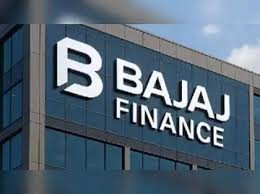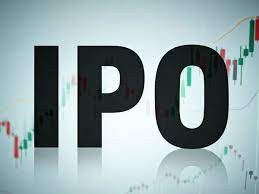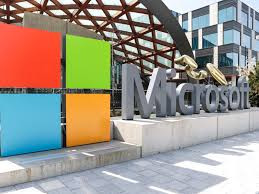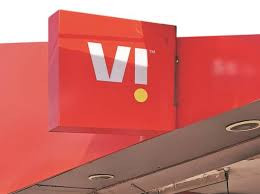Markets Bleed on Geopolitical Shock: Sensex Crashes Over 1.5% After Israel Strikes Iran in Escalating Conflict
IIE DIGITAL DESK : Indian markets witnessed a dramatic plunge on Friday, with the Sensex tumbling more than 1.5% in what traders are calling a "Black Friday" for equities. The sharp fall came in the wake of fresh geopolitical tensions in West Asia after Israel launched direct military strikes on Iran, sparking fears of a broader conflict and sending shockwaves across global financial markets.
The benchmark BSE Sensex nosedived over 1,100 points during intraday trading, eventually closing at 72,860, down 1.52%, while the NSE Nifty 50 slipped nearly 300 points to settle at 22,048, a drop of 1.4%. Panic selling gripped the markets, especially in oil-sensitive sectors such as paint, aviation, and logistics, as Brent crude prices surged past $92 per barrel, the highest in nearly five months.
Investors dumped risky assets amid growing concerns that the escalating Israel-Iran conflict could disrupt oil supplies from the Middle East—home to a significant portion of global crude production. The price jump in crude oil also raised fears of renewed inflation and interest rate hikes, further dampening sentiment.
Heavyweights like Asian Paints, HPCL, Indigo, and SBI Cards were among the worst hit. Asian Paints fell nearly 4%, impacted by concerns over input cost inflation due to higher crude derivatives. HPCL and BPCL, both major state-run oil refiners, lost over 3.5% each as markets anticipated pressure on refining margins and government intervention in retail fuel pricing.
The impact was widespread. Auto stocks declined as input costs and fuel price worries grew. Financials and IT stocks, which had shown relative resilience in the past few weeks, also joined the sell-off as foreign institutional investors (FIIs) pulled out capital amid global uncertainty. The volatility index, India VIX, surged over 10%—a sign that markets are pricing in higher risk in the short term.
Global cues added to the gloom. Asian markets closed lower, and European markets opened sharply in the red. On Wall Street, futures pointed to a weak opening amid rising risk aversion. The US dollar firmed up as investors sought safe-haven assets, while gold prices soared to a new yearly high, crossing $2,450 per ounce.
Analysts say the current market fall is rooted more in fear than fundamentals. “The India growth story remains strong, but markets are reacting to the sudden spike in geopolitical tension. Investors are reducing exposure to risk ahead of the weekend, especially since the conflict could escalate further,” said Ruchir Khanna, head of equity strategy at CapitalLine Advisors.
Despite the sell-off, some sectors like pharma and FMCG showed resilience, as investors moved capital into traditionally defensive plays. Shares of Dr. Reddy’s, Cipla, and Hindustan Unilever gained marginally in otherwise weak trade.
The finance ministry and RBI have yet to issue formal responses, but sources indicate that officials are closely monitoring both the equity and currency markets. The rupee also weakened against the dollar, closing at 83.46, tracking global risk-off sentiment.
Market experts advise caution in the days ahead. “If the geopolitical crisis deepens, we could see extended volatility. However, long-term investors should not panic. These are often opportunities to accumulate quality stocks at better valuations,” said Nandini Rao, senior market analyst at WealthCrest Securities.
As the weekend approaches, all eyes are now on how Iran will respond and whether diplomatic channels can de-escalate the situation. For now, the markets remain gripped by uncertainty, with investors bracing for continued turbulence driven not by earnings or economy—but by the fog of war.
You might also like!
















